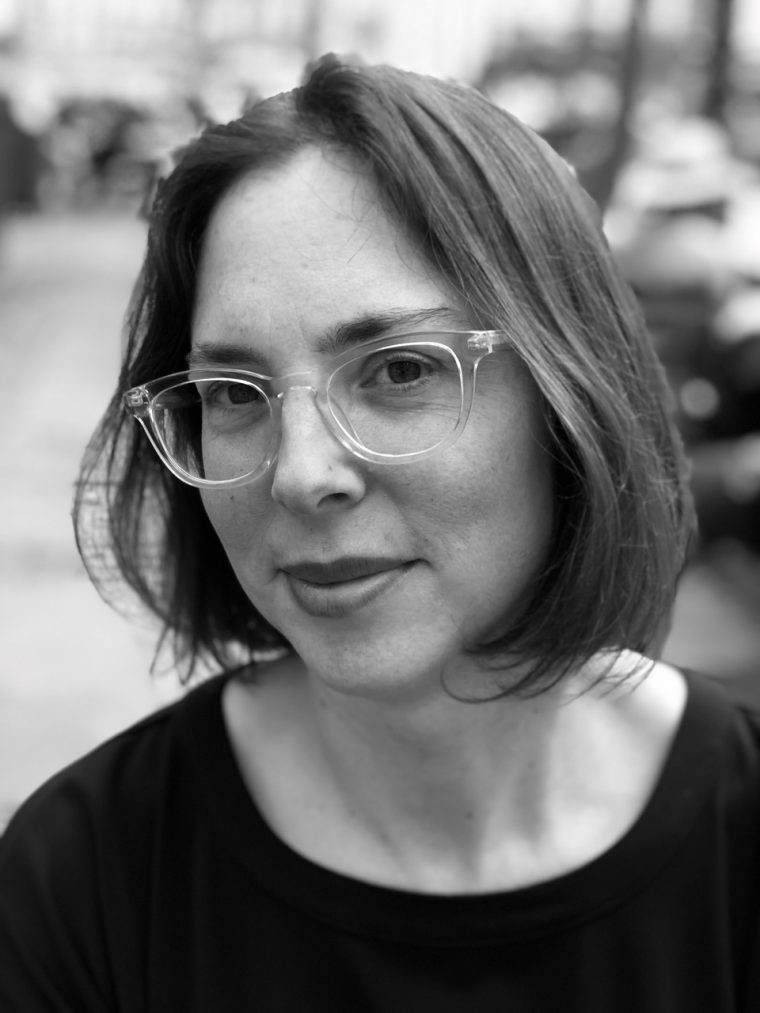Gershberg ’95 Plays Key Role in Reuters’s Pandemic Coverage


With the arrival of the COVID-19 pandemic in the United States in February, and as doctors and scientists intensified their search for ways to stymie the virus, it quickly became clear to Michele Gershberg ’95 that her already challenging job was about to get even more complicated.
As the U.S. health editor for the Reuters news agency, Gershberg leads a team of eight reporters covering health and scientific innovation, as well as the pharmaceutical and healthcare industries. “It runs the whole gamut,” Gershberg said. “We are part of a larger global team of health and pharma industry reporters, with reporters in London, Paris, Zurich, and Beijing, so we really work together very closely to try to tell the global story.”
COVID-19 is undeniably a global story. With infection numbers and the death toll rising alarmingly through the early spring, Gershberg and her team had to scrutinize and report on a torrent of data, research, findings, and recommendations regarding the virus and its spread, much of it partial, inconclusive, or in some cases incorrect.
“There are a number of challenges, from the pace and the flood of information, to sorting through that and understanding what to focus on, and how to share it accurately,” Gershberg said.
The research into COVID-19 is often being produced at speed, the underlying science is complex, and gold-standard papers—like double-blind studies with numerous participants—are often missing. These factors have complicated the exacting remit health reporters face. In March, for example, USA Today reported that the coronavirus had been found on surfaces on a cruise ship 17 days after passengers had disembarked. The story caused a brief furor before being corrected (it was actually bits of noninfectious coronavirus RNA). There was similar uncertainty around the potential benefits of the anti-malarial medication hydroxychloroquine.
“We make as explicit as possible what is known and what is not known, and whether or not the information is preliminary,” Gershberg explained. “If we’re reporting on data from a study, what kind of study is it and how rigorous is it? Is this an anecdotal account from a hospital? Is it the experience of a small group of physicians? Is it a large-scale study happening in multiple centers? Is there a control group?”
The public’s thirst for knowledge about COVID-19, at a time when confusion has often reigned in governmental precincts, has compelled Gershberg and her team to work feverishly to vet, compile, and report out the information they gather on the lethal pathogen as quickly as possible. “We’re finding ourselves explaining a lot about the information as it unfolds, without that kind of validation or peer review that we’re used to,” she said. “Part of our role is to share that information, and we’re doing it because this is a moment of crisis. The need is tremendous. We also need to share with them that this is something that has not yet been reviewed by another group of scientists, or this is preliminary information. We have to be very explicit about that.”
The responsibility can be daunting, but in Gershberg’s opinion, that’s what she signed up for.
“We share this commitment to providing accurate and timely information to the public. That’s kind of baseline,” Gershberg says. “As journalists, and certainly in times of crisis like this, you sense all the more the importance of that role.”
(By Chris Quirk)

